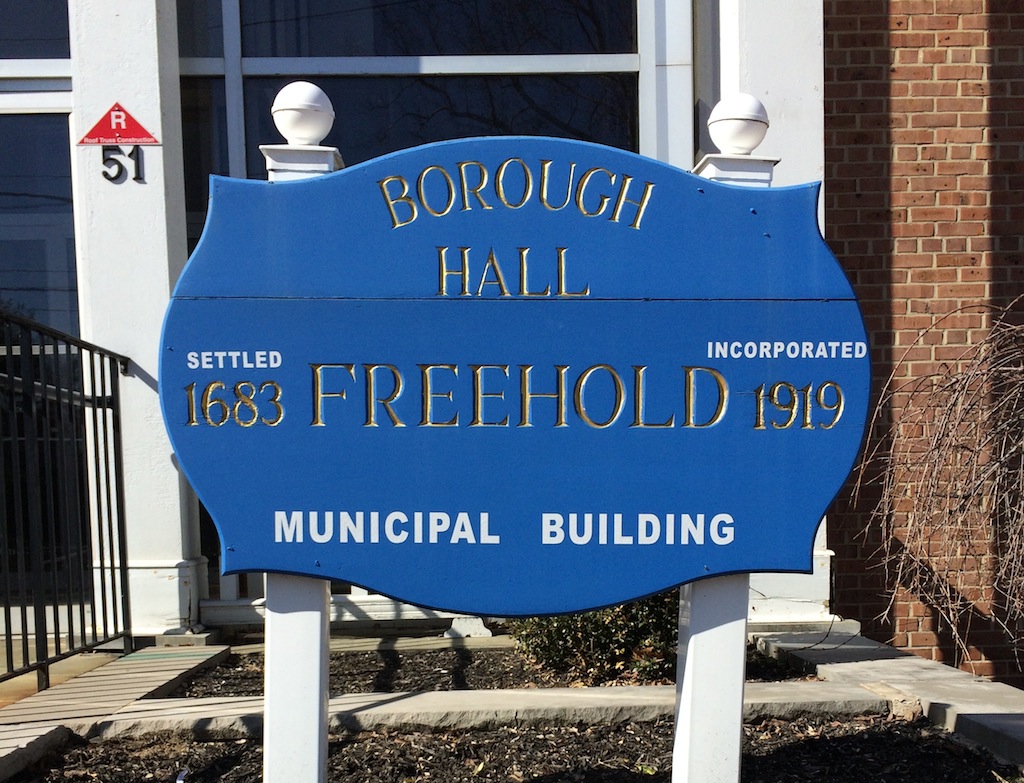By Matthew Sockol
Staff Writer
FREEHOLD – Officials in Freehold Borough are moving forward with a project that is intended to engage the public in government decision making on a local level.
According to a press release, the borough’s 2017 municipal budget will include a participatory budgeting project which will allow residents to decide how a portion of the budget will be spent.
As stated in the press release, residents will attend upcoming neighborhood assemblies to discuss local needs and to suggest ways to address those needs. Residents will develop their ideas into proposals, professionals will vet the costs and a public vote will be held to determine which projects will be funded.
For a project to be considered, it must be on public property, have a low maintenance cost, have a life of more than five years and be within the borough’s budgetary limitations, according to the press release. All residents 14 years of age and older may discuss and vote on the projects.
Officials said $200,000 will be allocated through participatory budgeting in the 2017 budget. The addition of participatory budgeting will not increase the budget or taxes, according to the press release.
According to Councilman Ron Griffiths, the concept of participatory budgeting began in 1989 and has reached 1,500 municipalities worldwide. He said it has not been implemented in any municipalities in New Jersey.
Business Administrator Joseph Bellina said 28 council districts in New York City use participatory budgeting. City residents 14 and older may have a say in the projects that are pursued.
“Participatory budgeting will give the people of Freehold Borough a direct say in how the mayor and Borough Council allocate resources,” Mayor Nolan Higgins said. “Our residents will have an opportunity to decide how to invest in our town.”
The concept of participatory budgeting was introduced to the governing body by Griffiths in 2016.
Speaking in favor of the process, Griffiths cited the following potential benefits: an increase in attendance at meetings by members of the public, an increase in voter turnout and an increase in citizen participation in government.
A few months after the concept was discussed, the council appointed eight residents to an ad hoc committee to develop and implement the citizens participatory budget program.
“Freehold Borough will join other cities in using participatory budgeting,” Griffiths said. “Though each city implements the program differently, the basic premise is common across the 1,500 other cities worldwide: community members brainstorm spending ideas, a group of volunteers develop proposals based on these ideas, residents vote on proposals and the government implements the winning projects.”

